International Relations: January 2025 Current Affairs | Current Affairs & General Knowledge - CLAT PDF Download
India’s Humanitarian Assistance to Cuba
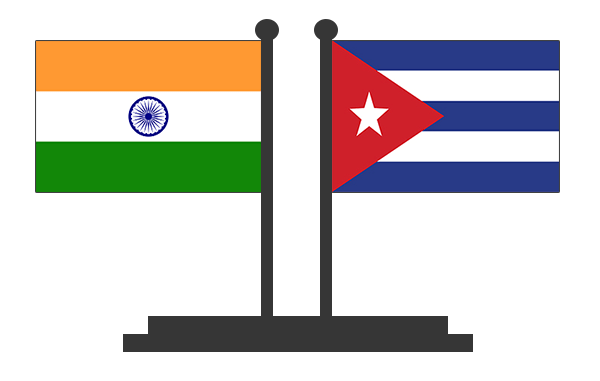
Why in News?
India has extended humanitarian aid to Cuba following the severe destruction caused by Hurricane Rafael. This aid reflects India's commitment to its philosophy of Vasudhaiva Kutumbakam (the world is one family) and highlights its dedication to global solidarity and support for nations experiencing crises.
Key Takeaways
- India's long-standing bilateral relations with Cuba date back to the Cuban revolution of 1959.
- Cuba has consistently supported India's international aspirations, including its bid for a permanent seat on the UN Security Council.
- India's exports to Cuba rose significantly in FY 2022-23, showcasing the growing economic ties.
- Both nations have a history of cultural exchanges and cooperation in various sectors, including healthcare and renewable energy.
Additional Details
- Historical Background: India was among the first nations to recognize the new Cuban government after the overthrow of Fulgencio Batista in January 1959. During the Cold War, both nations maintained a supportive relationship, particularly noticeable during the Cuban Missile Crisis in 1962.
- Economic Relations: In FY 2022-23, India exported goods worth USD 79.04 million to Cuba, while imports were valued at USD 4.87 million. Key exports from India include pharmaceuticals, chemicals, and textiles, while Cuba exports tobacco and pharmaceuticals to India.
- India’s Assistance to Cuba: India has a history of providing disaster relief to Cuba, with aid following hurricanes in 2008, 2016, and 2017. The establishment of the India-Cuba Knowledge Centre in 2010 has led to the training of over 1900 Cuban professionals. During the COVID-19 pandemic, India supplied life-saving medicines to Cuba.
- Cultural Relations: India's cultural heritage is well-regarded in Cuba, with notable figures such as Mahatma Gandhi and Rabindranath Tagore celebrated. A bust of Tagore, donated by the Indian Council for Cultural Relations, was unveiled in Old Havana in May 2007. Additionally, Yoga and Ayurveda are popular in Cuba, with annual events including the International Day of Yoga.
India’s Engagement with Taliban
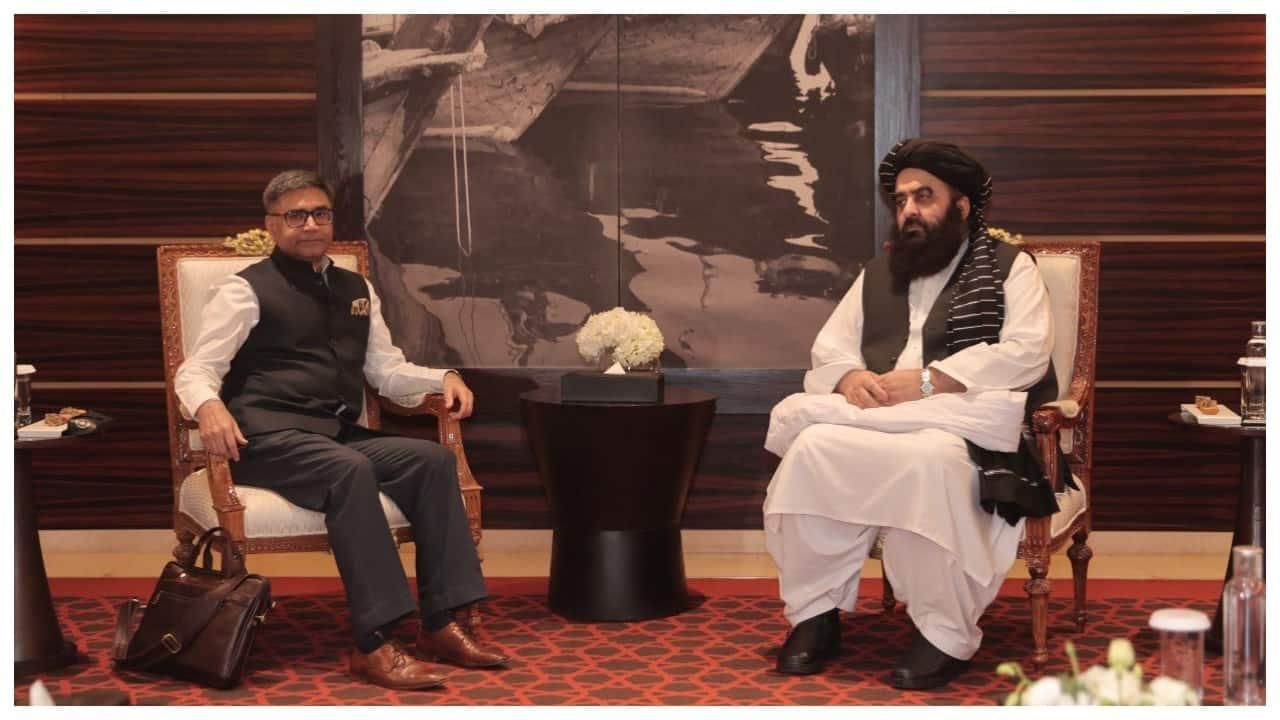
Why in News?
The Foreign Secretary of India recently held talks with Afghanistan’s acting Foreign Minister in Dubai amidst the backdrop of global geopolitical instability. This marks India’s highest-level outreach to the Taliban rulers of Afghanistan, aimed at securing India's national and security interests.
Key Takeaways
- India agreed to expand humanitarian assistance by undertaking development projects alongside ongoing aid.
- Discussions were held to strengthen sports cooperation, particularly in cricket, which is significant for Afghanistan's youth.
- Both nations agreed to promote the use of the Chabahar port as a key gateway for trade and humanitarian aid delivery to Afghanistan.
- The Afghan side acknowledged India's security concerns and committed to maintaining communication.
Additional Details
- Expanding Humanitarian Assistance: India has already sent 50,000 MT of wheat, 300 tons of medicines, earthquake aid, and various other essentials to Afghanistan.
- Chabahar Port: The port is seen as a vital link for enhancing trade and facilitating humanitarian efforts, thereby reducing reliance on Pakistan.
- Security Concerns: India emphasized the need for the Taliban to control anti-India terrorist groups, including Lashkar-e-Taiba and Jaish-e-Mohammed.
Factors Behind Recent Talks
- Changing Global Dynamics: Shifts in Taliban-Pakistan relations have led India to engage with the Taliban to protect its interests.
- Iran’s Focus: Iran's preoccupation with regional threats has shifted its focus away from the Taliban, creating a vacuum for India to engage.
- Russia's Strategic Shift: Russia is building ties with the Taliban amid its own geopolitical challenges.
- China's Influence: China’s involvement in Afghanistan raises concerns for India regarding its own strategic interests in the region.
- Return of Donald Trump: Potential US re-engagement with the Taliban prompts India to ensure its interests are at the forefront of Afghan developments.
Importance of Afghanistan for India
- Bridge to Central Asia: Afghanistan provides India a route to access Central Asia's economic and energy resources through the Chabahar port.
- Countering Pakistan's Influence: By maintaining influence in Afghanistan, India can enhance its strategic position in South Asia.
- Counter-Terrorism: India's involvement in Afghanistan enables it to assert leadership in combating terrorism in the region.
- Mutual Benefits: India has invested in various development projects in Afghanistan, benefiting both Afghan citizens and Indian interests.
Challenges for India’s Taliban Policy
- Destabilization Post-Government Fall: The collapse of Afghanistan's democratic government has strengthened extremist groups that threaten India.
- Pakistan's Strategic Role: Pakistan views India's presence in Afghanistan as a threat, complicating India's efforts to maintain influence.
- Diplomatic Recognition: India has not recognized the Taliban regime due to concerns over governance and human rights.
- Refugee Crisis: The fall of Kabul has led to an influx of Afghan refugees into India, raising security and integration concerns.
Way Forward
- Focused Financial Investments: India should prioritize smaller, impactful projects in areas like education and healthcare to build long-term support.
- Democratic Leadership: Active engagement with Afghan civil society and advocacy for women's and minority rights is essential.
- Using SAARC for Trade Access: Leveraging SAARC can enhance trade access, benefiting both Afghanistan and India.
- Narrative Building: Highlighting the concerns of the Afghan populace and reinstating student education visas is crucial.
Pravasi Bharatiya Divas (PBD)
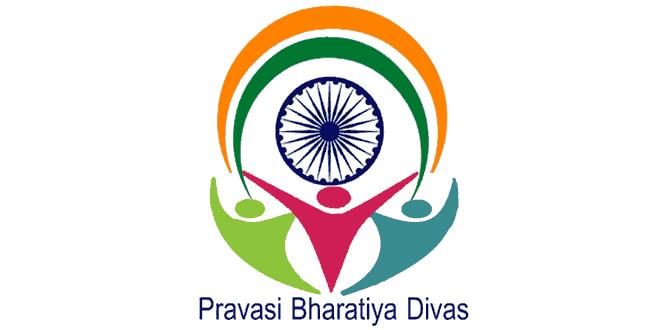
Why in News?
Pravasi Bharatiya Divas, observed biennially on 9th January, is a significant event that honors the contributions of the Indian diaspora to their homeland. The upcoming 18th PBD Convention is being organized by Odisha from 8th to 10th January 2025, with the theme 'Diaspora's Contribution to a Viksit Bharat' (Developed India).
Key Takeaways
- The event commemorates the return of Mahatma Gandhi from South Africa in 1915.
- It aims to create a platform for overseas Indians to engage with the Indian government.
Additional Details
- Background & History: The PBD Convention was first established in 2003 under Prime Minister Atal Bihari Vajpayee's government.
- PBD Convention 2025: The Prime Minister will inaugurate the Pravasi Bharatiya Express, a special tourist train for the diaspora.
- Pravasi Bharatiya Samman Award (PBSA): This award is the highest honor for Non-Resident Indians (NRIs) and Persons of Indian Origin (PIOs), recognizing their contributions to India's development.
- The Indian diaspora plays a crucial role in fostering economic growth, supporting innovation, and enhancing cultural linkages between India and host countries. Their involvement can significantly contribute to India's vision of Viksit Bharat by 2047.
Strengthening India-Maldives Defence Cooperation
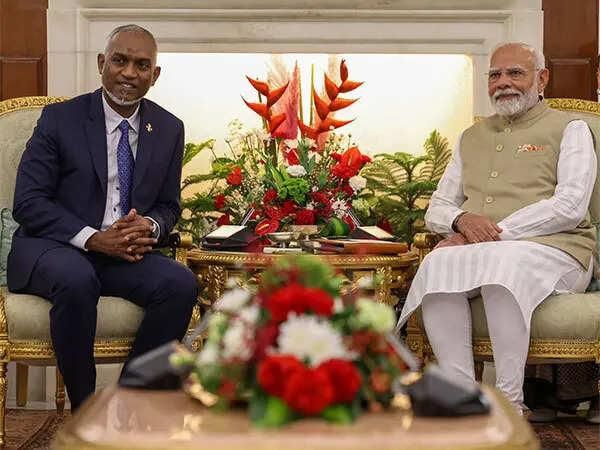 Why in News?
Why in News?
India’s Defence Minister Rajnath Singh recently reaffirmed India's commitment to bolstering the Maldives' defense capabilities. This initiative, discussed during talks with the Maldivian Defence Minister, includes the provision of defense equipment and platforms, reflecting India's "Neighborhood First" policy and aiming to strengthen bilateral security and defense cooperation.
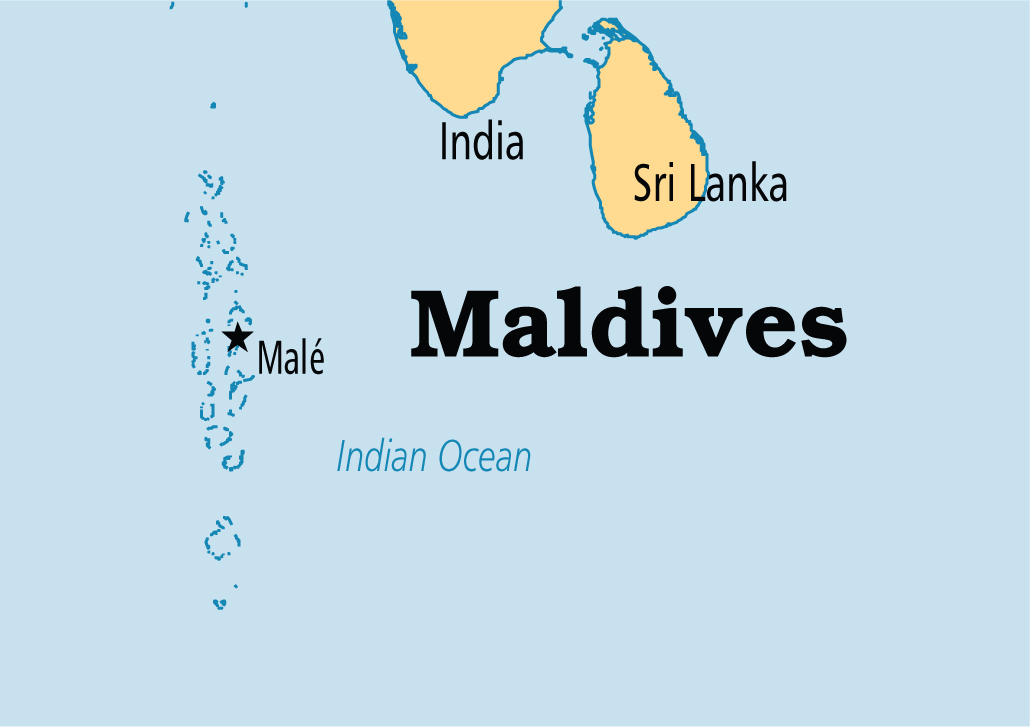
Key Takeaways
- India has historically been a crucial defense ally for the Maldives.
- Recent initiatives include infrastructure projects and military training programs.
- The geopolitical significance of the Maldives enhances regional security for India.
- India faces challenges from geopolitical rivalries, particularly from China.
Additional Details
- Historical Context: India has served as a primary defense partner for the Maldives, notably during crises such as Operation Cactus in 1988 and the 2004 tsunami response.
- Defence Projects: Key projects include the Composite Training Centre for the Maldives National Defence Force and the provision of a coastal radar system funded by an Indian grant.
- Training and Capacity Building: India fulfills approximately 70% of the training needs for the MNDF, with over 1,500 personnel trained in Indian defense academies.
- Significance: The Maldives' strategic location in the Indian Ocean is vital for India’s trade and energy routes, as around 50% of India's external trade passes through nearby shipping lanes.
- Challenges: Geopolitical tensions with China and rising anti-Indian sentiments in the Maldives impact defense cooperation and India's influence in the region.
Quad Marks 20 Years of Cooperation
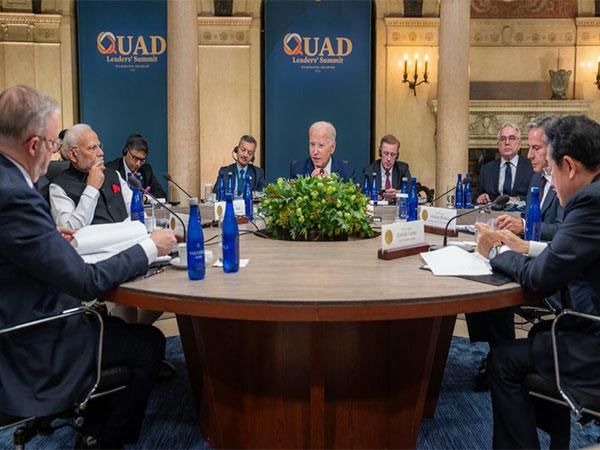
Why in News?
The Quad Foreign Ministers have celebrated the anniversary of Quad cooperation, reaffirming their commitment to a free, open, and peaceful Indo-Pacific in response to China's increasing assertiveness.
Key Takeaways
- Quad, or Quadrilateral Security Dialogue, includes the US, Japan, India, and Australia, focusing on regional security and economic cooperation.
- It aims to promote a free Indo-Pacific and counter China's influence while supporting democracy and human rights.
Additional Details
- Formation of Quad: The group's origins trace back to the 2004 tsunami relief efforts involving India, the US, Japan, and Australia, leading to its formal establishment in 2007.
- Nature of Quad: The Quad operates without a formal alliance structure, relying on regular meetings and military drills to sustain cooperation.
- Key Initiatives: Includes various programs like the Indo-Pacific Partnership for Maritime Domain Awareness (IPMDA), Quad Cancer Moonshot, and the Quad Fellowship to enhance regional cooperation.
H-1B Visa Program
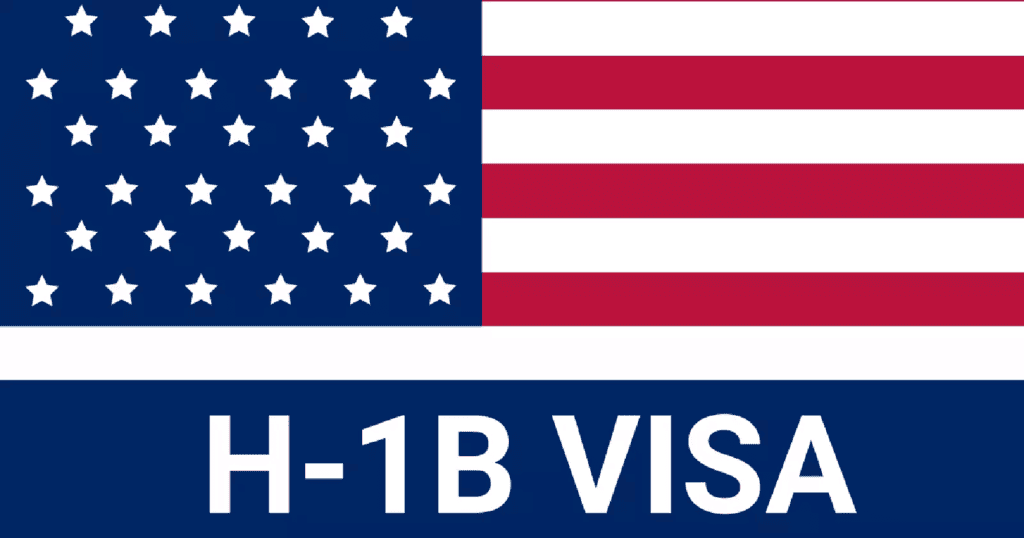
Why in News?
The H-1B visa program has recently become a topic of significant discussion in political circles. Notable figures, including Elon Musk, have expressed support for the program, highlighting its importance in addressing the shortage of STEM (Science, Technology, Engineering, and Mathematics) talent in the United States.
What is the H-1B Visa Program?
- About: The H-1B visa is a non-immigrant visa that permits US-based companies to hire foreign workers for specialized positions in fields such as science, technology, engineering, mathematics (STEM), and information technology (IT). These roles typically require high skill levels and at least a bachelor’s degree.
- The program was established in 1990 to assist US employers in filling skill gaps when qualified American workers are not available.
- A nonimmigrant visa facilitates temporary entry into the US for various purposes, including tourism, business, work, study, or medical treatment.
- Visa Duration: An H-1B visa can be granted for a maximum of six years. After this period, the visa holder must either leave the US for at least 12 months before reapplying for another H-1B visa or seek permanent residency (a Green Card).
- Annual Cap and Exemptions: Currently, there is an annual cap of 65,000 new H-1B visas issued each fiscal year.
- An additional 20,000 visas are allocated for applicants holding a master’s degree or higher from a US university.
- Petitions for H-1B visa holders seeking continued employment and those seeking positions at higher education institutions, affiliated nonprofit organizations, or government research entities are exempt from this cap.
- Dominance of Indians: Individuals born in India are the primary beneficiaries of the H-1B program, accounting for over 70% of all approved petitions annually since 2015.
- Individuals born in China rank second, consistently representing 12-13% of petitions since 2018.
|
98 videos|923 docs|33 tests
|
FAQs on International Relations: January 2025 Current Affairs - Current Affairs & General Knowledge - CLAT
| 1. What are the key aspects of India’s humanitarian assistance to Cuba? |  |
| 2. How is India engaging with the Taliban, and what are the implications for regional security? |  |
| 3. What is the significance of Pravasi Bharatiya Divas (PBD) for the Indian diaspora? |  |
| 4. In what ways is India strengthening its defense cooperation with the Maldives? |  |
| 5. What are the achievements of the Quad in the last 20 years? |  |
















